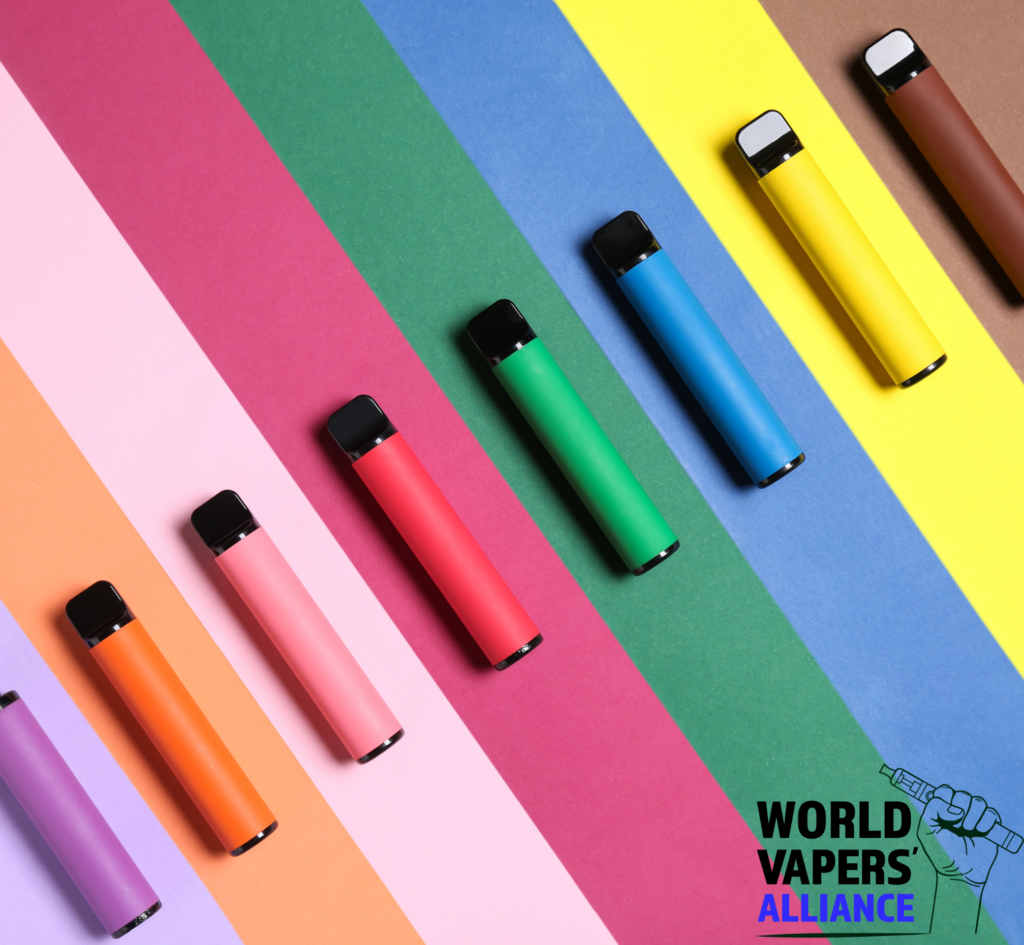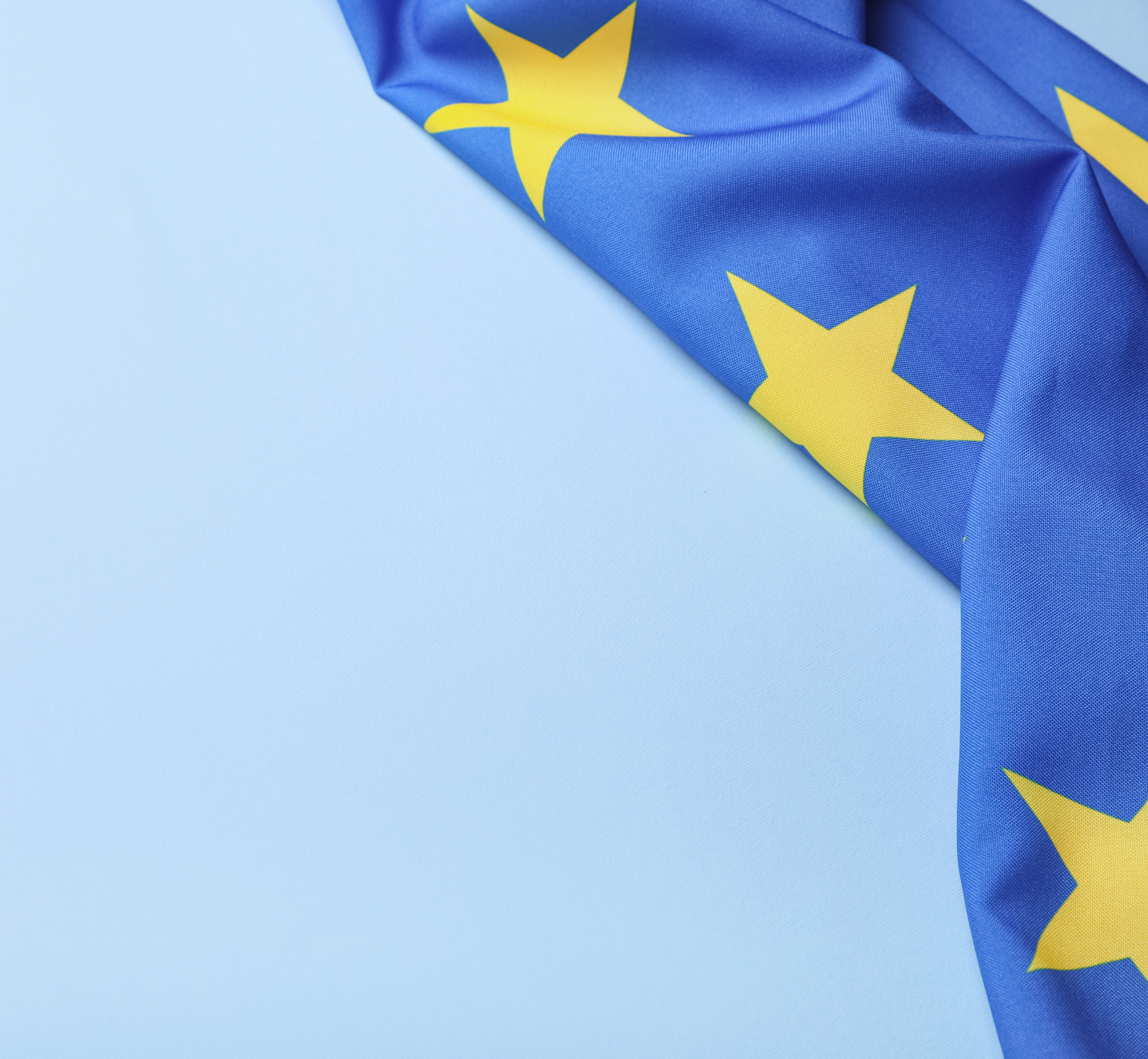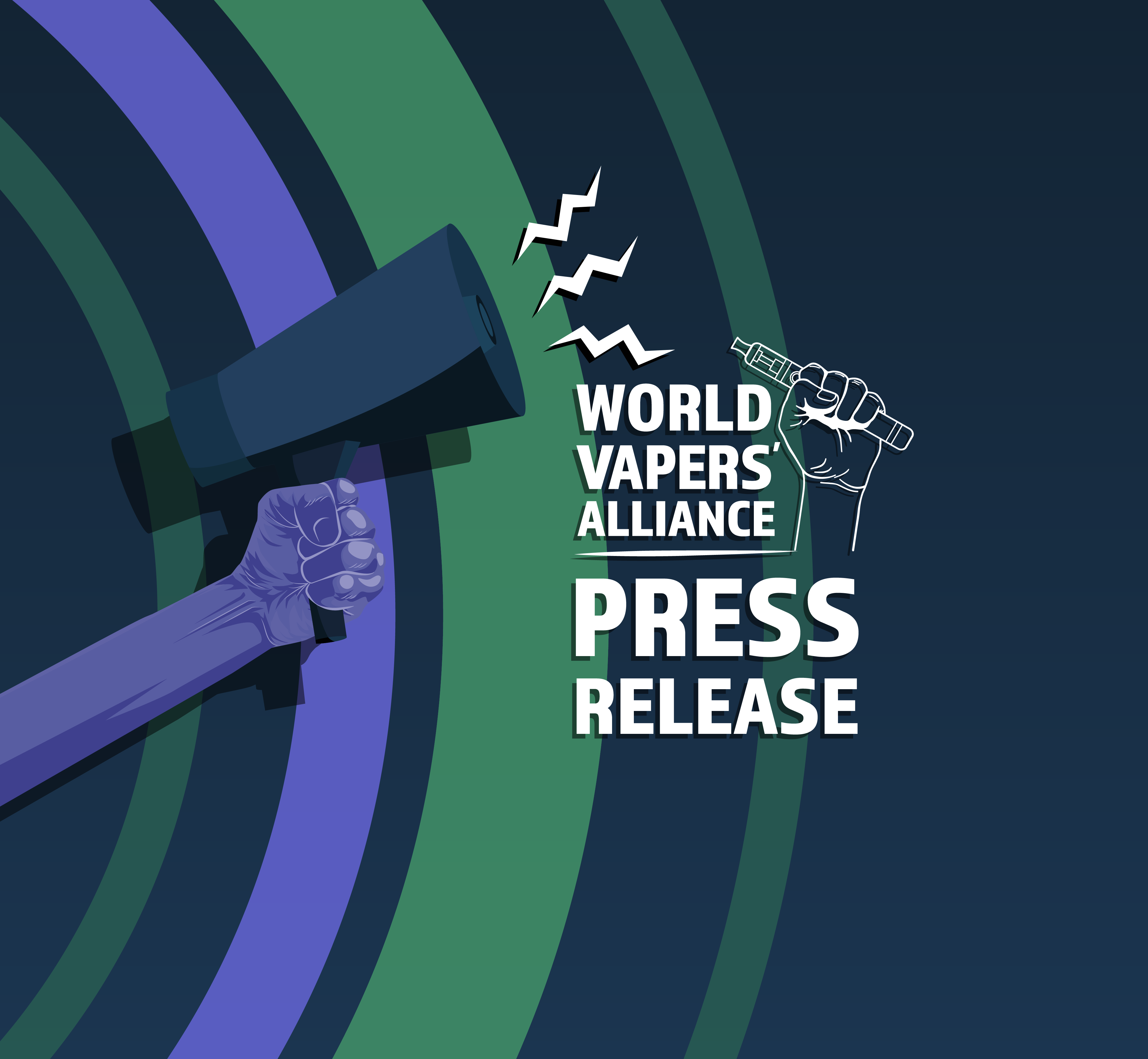Los vapes desechables, la nueva espina en el costado de la FDA, parecen estar afectando a los reguladores con nuevas prohibiciones que surgen con frecuencia mientras luchan por resolver este "problema".“
Pero ¿quién es el culpable de este mercado de 1.500 millones de dólares?
Con regulaciones estrictas para las pequeñas empresas que venden principalmente sistemas abiertos con líquidos electrónicos de base libre, el proceso de toma de decisiones de la FDA está negando a los adultos su producto de vapeo preferido. Esto genera una nueva demanda de desechables que ha inundado el mercado estadounidense.
Han surgido pruebas de que la FDA ha establecido estándares artificialmente altos después Se presentaron millones de PMTA en 2020. Los documentos internos de la agencia también revelaron que el liderazgo del CTP anulado sus revisores científicos que estaban dispuestos a conceder la autorización de comercialización a algunos productos de vapeo saborizados.
Solicitud de precomercialización de tabaco (PMTA), el enfoque regulatorio de la agencia está diseñado para garantizar que un producto sea atractivo para los fumadores adultos sin atraer a los no fumadores, especialmente a los niños.
Parece un estándar razonable, pero el proceso de la PMTA es una pesadilla para los solicitantes. Presentar una solicitud al Centro de Productos de Tabaco (CTP) de la FDA puede llevar años y costar millones de dólares; obtener la autorización de la agencia es casi imposible. Hasta la fecha, los fabricantes han presentado PMTA para casi siete millones de productos de vapeo, y la FDA... ha autorizado Sólo 23 líquidos y dispositivos para cigarrillos electrónicos con sabor a tabaco.
¿Podría entonces haberse evitado todo esto con una regulación justa y teniendo en cuenta a cuántos vapeadores adultos les gustan los sabores?
A riesgo de repetirme… una vez más… la prohibición no funciona.
¿Podemos aprender de la historia? La intención de la Prohibición del alcohol era reducir la delincuencia, la corrupción y los problemas sociales asociados con el consumo de alcohol.
Sin embargo, tuvo consecuencias no deseadas que llevaron a varios resultados negativos.
-
- El auge del crimen organizado: La Prohibición creó un lucrativo mercado negro de alcohol, explotado por organizaciones del crimen organizado. Organizaciones criminales como la mafia de Chicago, lideradas por figuras como Al Capone, se hicieron increíblemente ricas y poderosas mediante el contrabando, la producción y la distribución de alcohol ilegal.
- Aumento de la delincuencia: En lugar de reducir la delincuencia, la Prohibición a menudo la exacerbó. Los grupos del crimen organizado se disputaban territorios, lo que desencadenó violencia y guerras entre bandas. Las redes de contrabando y distribución propiciaron un aumento de las actividades ilegales, como el contrabando de bebidas alcohólicas y el soborno a agentes del orden.
- Cuestiones de salud pública: Debido a la producción y distribución descontroladas de alcohol, se produjo un aumento significativo en la producción de productos alcohólicos de baja calidad o incluso tóxicos. Quienes consumían estas sustancias corrían riesgos para la salud, como intoxicación e incluso la muerte.
-
- Corrupción: La Prohibición condujo a una corrupción generalizada dentro de las fuerzas del orden y los funcionarios gubernamentales. Muchos agentes del orden fueron sobornados para que ignoraran las operaciones ilegales relacionadas con el alcohol.
- Impacto económico: La industria legal del alcohol se vio gravemente afectada por la Prohibición, lo que provocó la pérdida de empleos e ingresos para las empresas legítimas y el gobierno.
- Cuestiones sociales: La prohibición del consumo de alcohol propició el auge de los bares clandestinos, establecimientos ilegales donde se servían bebidas alcohólicas de forma encubierta. Esto fomentó una cultura de secretismo y desacato a la ley.
- Erosión del respeto a la ley: El fracaso de la prohibición para frenar eficazmente el consumo de alcohol erosionó el respeto público por la ley, ya que mucha gente la consideraba una restricción innecesaria e injusta.
Entonces, ¿por qué cree la FDA que la prohibición del vapeo producirá resultados diferentes?
El enfoque de prohibir con más fuerza cuando fracasa una prohibición claramente no está deteniendo la revolución del vapeo. Pero lo que les está sucediendo a estos negocios legítimos ha sido doloroso e injusto. Estas pequeñas tiendas de vapeo tienen un objetivo: ayudar a los fumadores a cambiarse a una alternativa menos dañina. La mayoría de los dueños de tiendas están desconsolados por las acciones de la FDA, no solo por ellos mismos y sus empleados, sino también por los consumidores que no han tenido a dónde recurrir más que al mercado ilícito.
Con todo lo que sabemos sobre las consecuencias mortales de la prohibición del alcohol, es hora de que la FDA reconsidere sus decisiones sobre lo que es verdaderamente apropiado para la salud pública.
Descargo de responsabilidad: Las opiniones expresadas en los artículos de invitados publicados en el sitio web de la World Vapers' Alliance son responsabilidad exclusiva de sus autores y no representan necesariamente las opiniones ni la postura de la World Vapers' Alliance ni de sus afiliados. La publicación de contenido de terceros no implica que la WVA respalde las opiniones allí expresadas.





3 respuestas